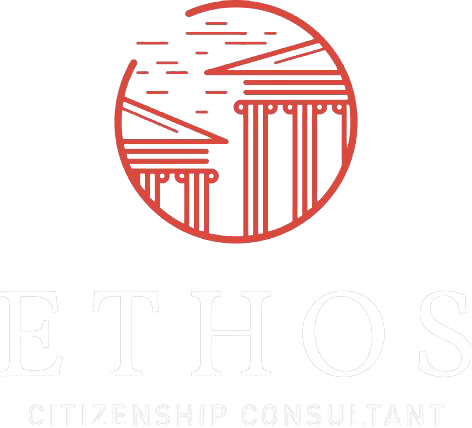

Geographic location
Malta is a Southern European island country consisting of an archipelago in the Mediterranean Sea. It lies 80 km south of Italy. The country covers just over 316, with a population of just under 450,000, making it one of the world's smallest and most densely populated countries.
Climate
Malta has a Mediterranean climate with mild winters and hot summers, hotter in the inland areas. Rain occurs mainly in autumn and winter, with summer being generally dry.
The average yearly temperature is around 23 °C during the day and 15.5 °C at night. In the coldest month – January – the typically maximum temperature ranges from 12 to 18 °C during the day and minimum 6 to 12 °C at night.
In the warmest month – August – the typically maximum temperature ranges from 28 to 34 °C during the day and minimum 20 to 24 °C at night.
Amongst all capitals in the continent of Europe, Valletta – the capital of Malta has the warmest winters, with average temperatures of around 15 to 16 °C during the day and 9 to 10 °C at night in the period January–February. In March and December average temperatures are around 17 °C during the day and 11 °C at night.
Large fluctuations in temperature are rare. Snow is very rare on the island, although various snowfalls have been recorded in the last century, being the last one reported in various locations across Malta in 2014.
Economy
Malta is classified as an advanced economy together with 32 other countries according to the International Monetary Fund (IMF). Until 1800 Malta depended on cotton, tobacco and its shipyards for exports. Once under British control, they came to depend on Malta Dockyard for support of the Royal Navy, especially during the Crimean War of 1854. The military base benefited craftsmen and all those who served the military.
In 1869, the opening of the Suez Canal gave Malta's economy a great boost, as there was a massive increase in the shipping which entered the port. Ships stopping at Malta's docks for refuelling helped the Entrepôt trade, which brought additional benefits to the island.
Tourism generates a significant part of the GDP of Malta. Currently, Malta's major resources are limestone, a favourable geographic location and a productive labour force. Malta produces only about 20 percent of its food needs, has limited freshwater supplies because of the drought in the summer and has no domestic energy sources, aside from the potential for solar energy from its plentiful sunlight. The economy is dependent on foreign trade (serving as a freight trans-shipment point), manufacturing (especially electronics and textiles) and tourism.
Malta is part of a monetary union, the eurozone
In preparation for Malta's membership in the European Union, which it joined on 1 May 2004, it privatised some state-controlled firms and liberalised markets. For example, the government announced on 8 January 2007 that it was selling its 40 per cent stake in MaltaPost, to complete a privatisation process which has been ongoing for the past five years. In 2010, Malta managed to privatise telecommunications, postal services, shipyards and shipbuilding.
Malta has a financial regulator, the Malta Financial Services Authority (MFSA), with a strong business development mindset, and the country has been successful in attracting gaming businesses, aircraft and ship registration, credit-card issuing banking licences and also fund administration. Service providers to these industries, including fiduciary and trustee business, are a core part of the growth strategy of the island. Malta has made strong headway in implementing EU Financial Services Directives including UCITs IV and soon AIFMD.
As a base for alternative asset managers who must comply with new directives, Malta has attracted a number of key players including IDS, Iconic Funds, Apex Fund Services and TMF/Customs House.
Malta and Tunisia are currently discussing the commercial exploitation of the continental shelf between their countries, particularly for petroleum exploration. These discussions are also undergoing between Malta and Libya for similar arrangements.
Malta does not have a property tax. Its property market, especially around the harbour area, has been in constant boom, with the prices of apartments in some towns like St Julian's, Sliema and Gzira skyrocketing.
According to Eurostat data, Maltese GDP per capita stood at 88 per cent of the EU average in 2015 with €21,000.
Living conditions
The culture of Malta reflects the various cultures from the Phoenicians to the British, that have come into contact with the Maltese Islands throughout the centuries, including neighbouring Mediterranean cultures, and the cultures of the nations that ruled Malta for long periods of time prior to its independence in 1964.
Services
Consulting services
Malta
The Company

Ethos citizenship consultant
Việt Nam: 3rd Floor, Lancaster Building, 20 Nui Truc, Giang Vo Ward, Ba Dinh District, Hanoi, Vietnam
cs@ethos.com.vn
www.ethos.com.vn
Malta: Level 4, The penthouse, Suite 2, Ewropa Business Centre, Triq Dunkarm, Birkirkara, BKR 9034
2020 Ethos. All Rights Reserved